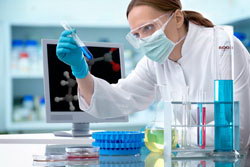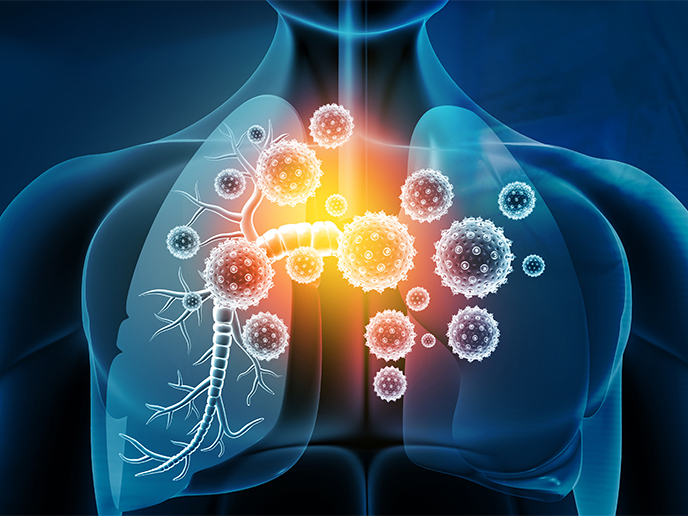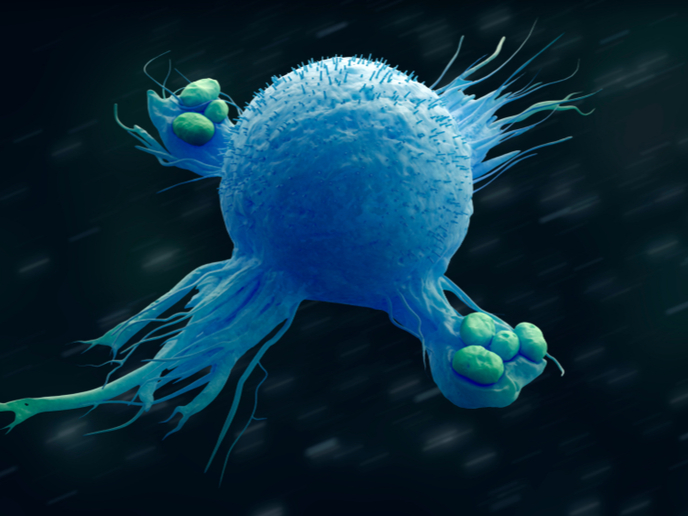Optimised viral-free gene therapy
Gene therapy is the use of DNA as a pharmaceutical agent to supplement or alter genes within an individual's cells to treat a disease. There are two major methods for transferring DNA into cells: those that use recombinant viruses and those that use only DNA (non-viral DNA). The non-viral DNA approaches overcome some limitations and disadvantages of viral DNA methods, namely immunogenicity, DNA size limit, and poor safety and toxicity profiles. On the other hand, non-viral DNA targeting shows low efficiency and precision but safe delivery of the genes. Therefore, there is a demand for the development of new and improved delivery strategies. Recently, two promising approaches for the delivery of genes were introduced involving electrotransfer (ET) and laser beam gene transfer (LBGT). The Moleda project focused on the optimisation of strategies for precise and selective gene transfer into skeletal muscle and skin. The ET and LBGT technologies, currently under evaluation, were compared and improved within Moleda. The ultimate goal was the development of an optimum non-viral DNA technology into a pre-clinical phase. Moleda scientists successfully determined the optimal conditions for the delivery of plasmids into skin and muscle tissues for both methods (ET and LBGT). The performance of tissue-specific and ubiquitous promoters in each tissue was meticulously studied. Safety issues were addressed to ensure that no tissue damage, inflammation or any other malignancy will be caused by the treatment. Furthermore, new, highly efficient plasmids were constructed and tested by Moleda researchers. The achievements of this project have set up the fundamental tools and resources for the development of successful and free of side-effects gene therapies. In particular, Moleda scientists focused on the treatment of Duchenne muscular dystrophy, chronic renal failure and antitumour-passive immunisation.







